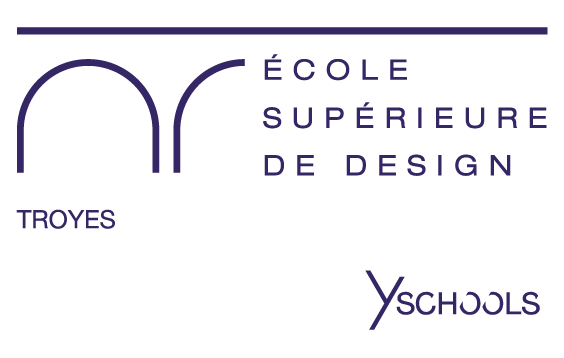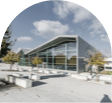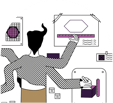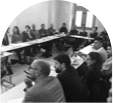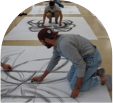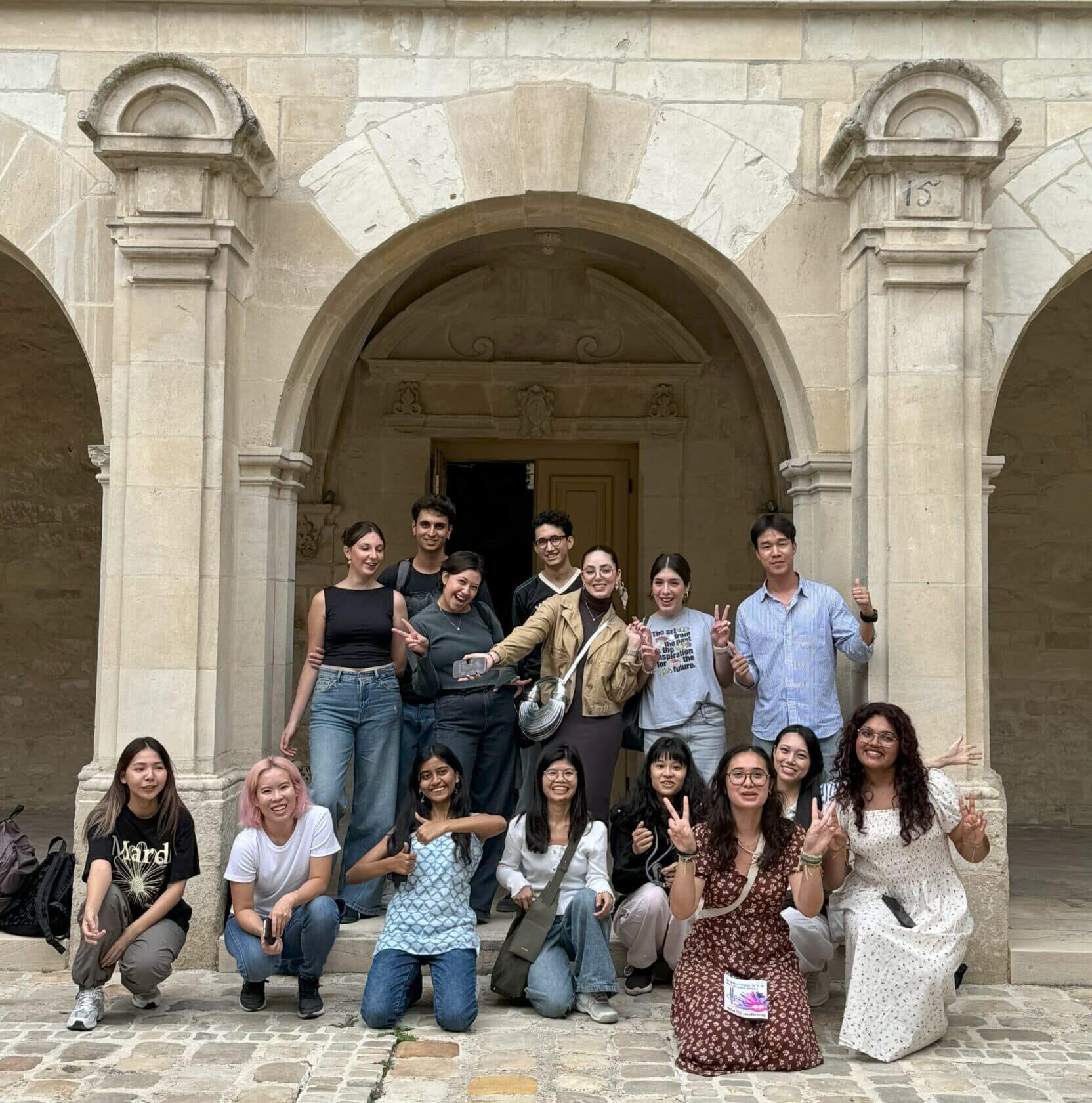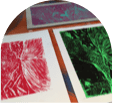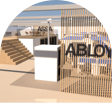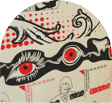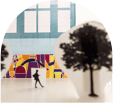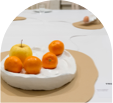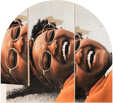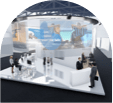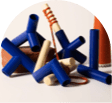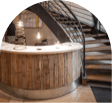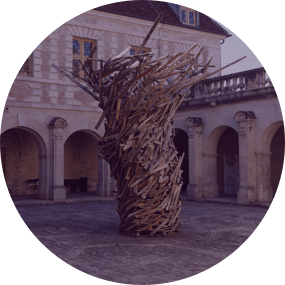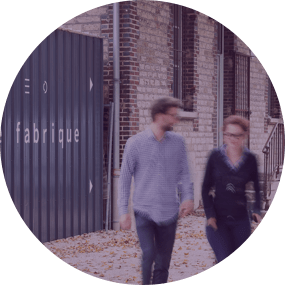Graphic design
Expertise in drawing and creative computer software are essential tools in the graphic designer's toolbox. However, to follow through the creative process, they also need to master printing and manufacture tools and techniques.
Here, we have selected 3 modules taught in our school that, in our opinion, sum up the fundamentals that need to be acquired in this field.
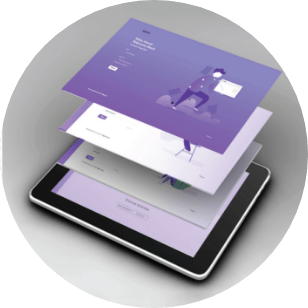
This module teaches programming languages for producing multimedia content, from manufacture up to integration and publication.
The module is a continuation of the UX & UI course and tackles interactive writing.
It has several objectives:
- Analysing multimedia creation and monitoring current developments
- Experimenting with proposals related to digital, interactive devices
- Assessing different language systems and learning coding
- Integrating the UX/IU into the project
- Designing interactive project content
- Measuring and optimising the ecological impact of the project and introducing a green IT approach
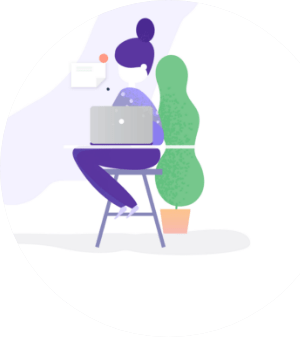
This module covers different animation techniques (rotoscoping, stop-motion, traditional animation, decomposition of movement, etc.), teaching the basic techniques for producing animated images:
1/ narrative techniques (storyboard, cinematographic language, etc.)
2/ technical tools (After effect, Photoshop, Première, etc.)
Several objectives
- Analysing and breaking down advertising and cinematographic case studies
- Manipulating writing tools
- Developing a descriptive storyboard
- Producing animated content
- Setting up a production team
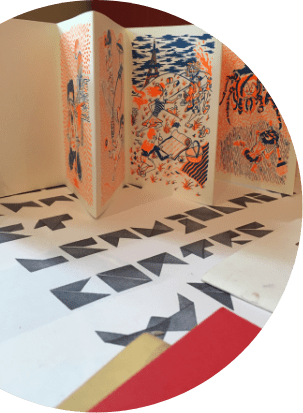
The first part of this module involves exploring graphic language in the field of printed and digital production.
The module gives students expertise in InDesign software, in connection with the production, reproduction, printing, formatting and processing of object production.
In the second phase, the course explores video production and its fundamental principles (narration, format, broadcasting, etc.)
The link between these two phases focuses on the art of structuring a narrative and storytelling, while investigating various technical narration media (print images, digital images, animated images and video).
Several objectives
- Choosing different layout, processing and binding techniques suitable for a print production.
- Making digital media part of the analysis and design of a publication
- Designing professional graphic documents for printing or e-publication
- Defining video content
- Structuring an animated narration
Explore further...
